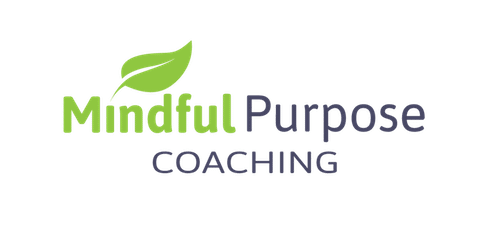 How might the Buddha respond to questions of social change? How do we bring about large-scale happiness to entire societies? I recently heard this thought-provoking interview on National Public Radio’s show Speaking of Faith, called “The Buddha in the World.” It’s an interview with Pankaj Mishra, a journalist and author of the book The End of Suffering: The Buddha in the World.
How might the Buddha respond to questions of social change? How do we bring about large-scale happiness to entire societies? I recently heard this thought-provoking interview on National Public Radio’s show Speaking of Faith, called “The Buddha in the World.” It’s an interview with Pankaj Mishra, a journalist and author of the book The End of Suffering: The Buddha in the World.
In the interview, Mr. Mishra says, “‘How should I live?’ You know, it sounds sort of bewilderingly large, but that is the question that almost all of us are faced with every day. And one of the things that, for me, distinguished the Buddha from a whole lot of very important Western thinkers, he’s not saying that you have to sort of reform a whole society in order to achieve happiness. He’s sort of posing a kind of challenge to individuals: How can you arrive at contentment or happiness, and also, thereby, create conditions for happiness of other people around you?”
You can download the podcast from the Speaking of Faith website. It’s 53 minutes long, but I thought, very worthwhile.

Great post. I especially liked your question, which stated “How can you arrive at contentment or happiness, and also, thereby, create conditions for happiness of other people around you?” A very good question in deed and not easy to answer.
I met a Buddhist once who was averse to the word “power.” But this doesn’t make sense. Politics is about power. A democracy means people rule, or power to the people. Everything is politics. I wish people everywhere would study politics instead of just sitting there and passively receiving messages from mass media, their equally ignorant friends, etc. If the people are not educated in politics, there is no people power – the media, the politicians, the greedy, the wealthy, the privileged, etc. will answer for the rest of us. These days Americans believe that politics = politicians = evil. This resembles willful ignorance – clearly, if politics are evil, then working toward democracy is evil, yet no one openly believes democracy is evil.
How much suffering could be lessened if everyone would study politics with an open mind? The answer would be mind-blowing, but without education you will never know it. If people would replace the 10 cheesy romance novels they read per year with 10 non-fiction books about politics, the world would be a better place.
Hi Louche,
I do agree with you the power isn’t in itself a bad thing. I see it as a tool, and it’s how you use it that makes it good or evil. I was recently re-watching the movie Gandhi, and it has really impressed me how shrewd Gandhi was in his use of power. He used it in a non-violent way, with a peaceful intent, but he definitely used it. I don’t know how accurate the movie is as a biography, but I’m sensing this aspect of it is accurate.